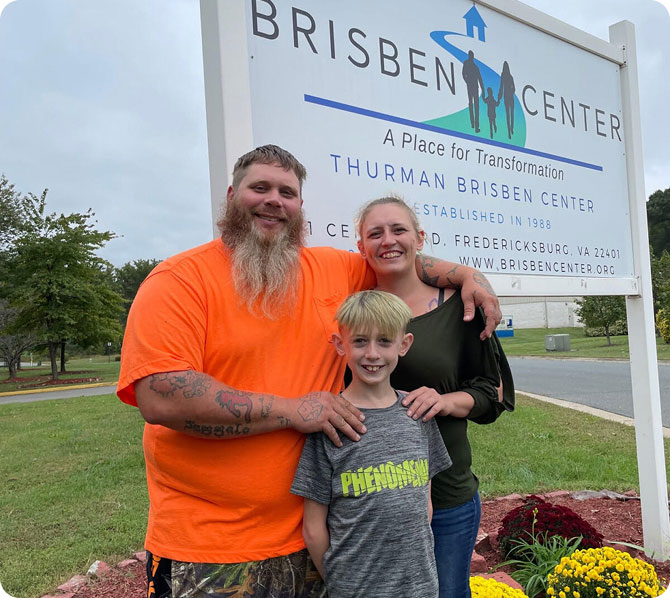On Personal Responsibility and Mercy
Personal Responsibility
Personal responsibility emphasizes accountability for one’s actions, decisions, and their consequences. It’s about owning mistakes, learning from them, and making proactive choices that align with values, ethics, or obligations. In many contexts, including social work and community development, fostering personal responsibility can empower individuals, encourage self-reliance, and contribute to personal growth.
Mercy
Mercy, on the other hand, focuses on compassion, forgiveness, and leniency. It recognizes human fallibility and offers grace in situations where someone may have failed in their personal responsibility or made a mistake. Mercy doesn’t negate responsibility but offers a pathway for redemption, healing, and restoration without excessive punishment or harsh judgment.
How They Work Together:
Balancing Accountability and Compassion: Personal responsibility ensures that individuals are held accountable for their actions, fostering growth and discipline. However, mercy allows room for compassion, understanding that people are not perfect and may need grace to learn from their mistakes rather than be crushed by them.
Example: A person who falls into homelessness due to poor financial choices or substance abuse may still need to take responsibility for their recovery and rebuilding their life. Mercy, however, would guide how support is offered without judgment or severe consequences that might hinder their progress.

- Restorative Justice vs. Retributive Justice: In justice frameworks, personal responsibility often aligns with retributive justice, where individuals face the consequences of their actions. Mercy aligns with restorative justice, which seeks to restore relationships, repair harm, and offer second chances. Both systems can coexist: someone can be held responsible for their actions while being offered mercy to aid their rehabilitation or restoration.
- Growth Through Mercy: Mercy can also reinforce personal responsibility. When people are shown compassion in their failings, they often develop a greater sense of responsibility. They are more likely to acknowledge their mistakes when they feel they won’t be met with harsh judgment, which can foster honesty and a stronger commitment to self-improvement.
- Community Development & Social Work: In social work and community development (like in Asset-Based Community Development), both concepts are essential. Encouraging individuals to take responsibility for their lives and communities leads to empowerment and sustainable change. However, mercy provides the grace needed for those who struggle, helping them feel supported and not abandoned when they face challenges or setbacks.
Conclusion:
Personal responsibility and mercy are not opposites but complementary forces. Responsibility without mercy can lead to harshness, while mercy without responsibility can lead to a lack of accountability. Together, they form a more holistic approach, promoting growth, healing, and justice while maintaining compassion and humanity.


N. David Cooper
February 4, 2023
Sign-up to our newsletter and stay up to date on all the latest developments at the Brisben Center